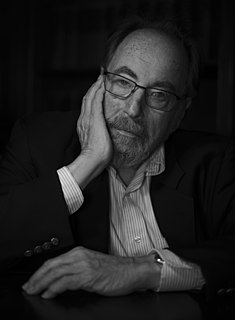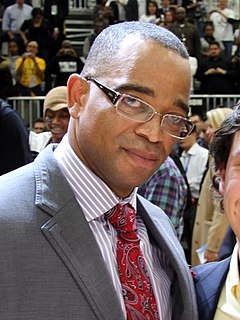A Quote by Harold Pinter
This particular nurse said, Cancer cells are those which have forgotten how to die. I was so struck by this statement.
Related Quotes
You've got to get away from the idea cancer is a disease to be cured. It's not a disease really. The cancer cell is your own body, your own cells, just misbehaving and going a bit wrong, and you don't have to cure cancer. You don't have to get rid of all those cells. Most people have cancer cells swirling around inside them all the time and mostly they don't do any harm, so what we want to do is prevent the cancer from gaining control. We just want to keep it in check for long enough that people die of something else.
Cancer vaccines are in the future. And they could be very effective. Checkpoint blockade, which is acting your immune system to recognize those cancer cells and kill them is another very promising approach and there have been some checkpoint blockade drugs out in the market now that will release the brake on T lymphocytes, the T lymphocyte is your major killer of tumor cells.
If you inhale a millionth of a gram of plutonium, the surrounding cells receive a very, very high dose. Most die within that area, because it's an alpha emitter. The cells on the periphery remain viable. They mutate, and the regulatory genes are damaged. Years later, that person develops cancer. Now, that's true for radioactive iodine, that goes to the thyroid; cesium-137, that goes to the brain and muscles; strontium-90 goes to bone, causing bone cancer and leukemia.
Neural science, which is the study of the brain, tells us that we have up to one billion brain cells with thousands of branches that communicate with each other much like a complex highway system. The more we attend to something, or the more we engage in certain behaviors, the more those particular cells communicate and the pathways between them deepen. This is how our values, our beliefs, and our motivations are actually formed.
I know what cancer was. How is it like humankind?" Sek Hardeen's perfectly modulated, softly accented tones showed a hint of agitation. "We have spread out through the galaxy like cancer cells through a living body, Duré. We multiply without thought to the countless life forms that must die or be pushed aside so that we may breed and flourish. We eradicate competing forms of intelligent life.


































